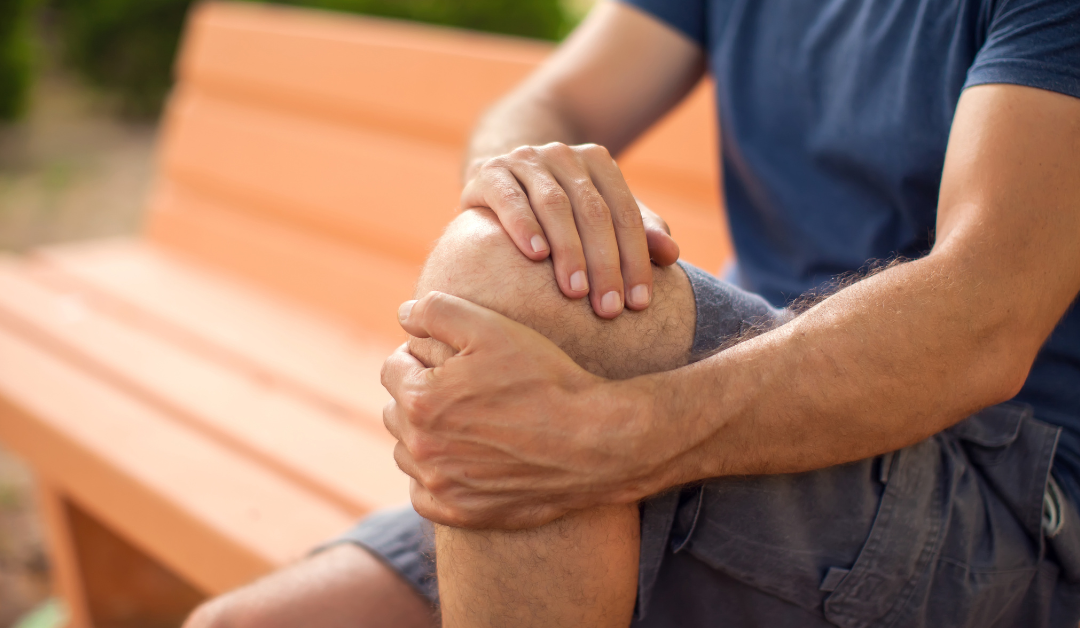Knee arthritis is a common ailment that affects millions of people worldwide. Among the various types of arthritis, osteoarthritis (OA) in the knees is particularly prevalent. While it is considered a degenerative disease, many individuals are unaware of the early symptoms or the non-surgical treatment options available. This comprehensive article aims to shed light on knee arthritis, its early signs, and various non-surgical treatments that can provide relief and improve the quality of life for those affected.
Understanding Knee Arthritis:
The knee joint is a synovial joint that relies on a cartilage layer to facilitate smooth movement. In arthritis, this cartilage deteriorates, leading to inflammation, degeneration, and swelling. The result is often excruciating knee pain, which can severely limit mobility.
Types of Knee Arthritis:
Several types of knee arthritis exist, with osteoarthritis being the most common. In OA cartilage wears away, causing increased friction between the bones. Other types include rheumatoid arthritis, psoriatic arthritis, and gout. Age and obesity are the primary risk factors for knee arthritis, and immobility can exacerbate the condition.
Early Symptoms of Knee Arthritis:
Identifying knee arthritis in its early stages is crucial for effective management. While there is no cure for arthritis, early intervention can significantly alleviate symptoms and slow its progression.
- Pain and Stiffness: One of the earliest signs is pain that intensifies with slight leg movements. Deformative arthritis can cause discomfort when standing or sitting for extended periods.
- Swelling and Tenderness: Arthritis leads to the swelling and tenderness of cartilage and ligaments, making the knee externally tender and sensitive to touch.
- Difficulty in Movement: Increased bone friction due to cartilage loss can result in a burning sensation and challenges with walking and leg movements.
- Cracking or Popping Sounds: Audible cracking or popping noises during knee flexion are common in arthritis.
Treatment Options for Knee Arthritis:
While knee arthritis is generally considered a degenerative disease, it doesn’t always necessitate surgery. Several non-surgical treatment options can effectively manage the condition and enhance the patient’s quality of life.
- Medications: Pain and anti-inflammatory drugs are prescribed to maintain leg movement and alleviate pain.
- Physiotherapy: Physical therapy includes exercises to enhance knee mobility and range of motion, sometimes accompanied by knee braces or crutches for support.
- Injections: Steroid injections reduce inflammation temporarily but have been proven to be ineffective in curing the disease. Hyaluronic acid injections are also used in some cases.
- Regenerative Therapies: Innovative treatments like stem cell therapy and platelet-rich plasma (PRP) therapy offer promising results. These therapies leverage the body’s natural healing mechanisms to address the root causes of knee arthritis.
RegenOrthoSport’s Non-Surgical Knee Arthritis Solutions:
RegenOrthoSport specializes in advanced non-surgical treatments for knee arthritis. Our regenerative therapies, including bone marrow stem cell (BMAC) and PRP treatments, have shown remarkable success in alleviating pain and enhancing mobility. By harnessing the body’s natural healing processes, we target the underlying causes of knee arthritis, offering a path to relief without surgery.
Conclusion:
Knee arthritis, particularly osteoarthritis, is a prevalent condition that affects many individuals. Recognizing the early symptoms and exploring non-surgical treatment options can significantly improve the quality of life for those living with knee arthritis. RegenOrthoSport offers innovative regenerative bone marrow stem cell therapies, providing hope and relief for individuals seeking non-surgical solutions to knee arthritis. Don’t let knee arthritis limit your life; explore non-surgical treatments and regain your mobility and comfort.
